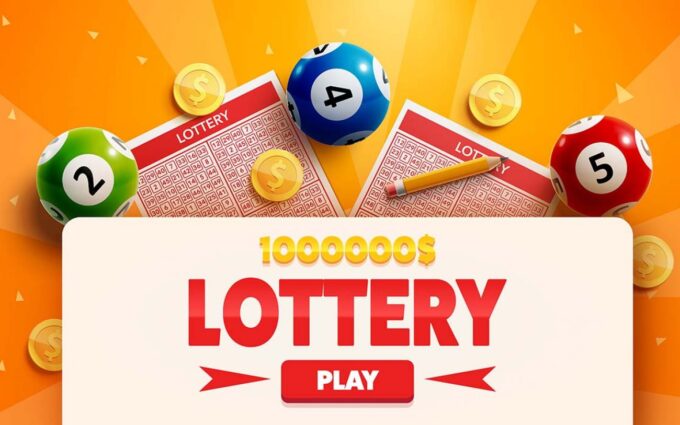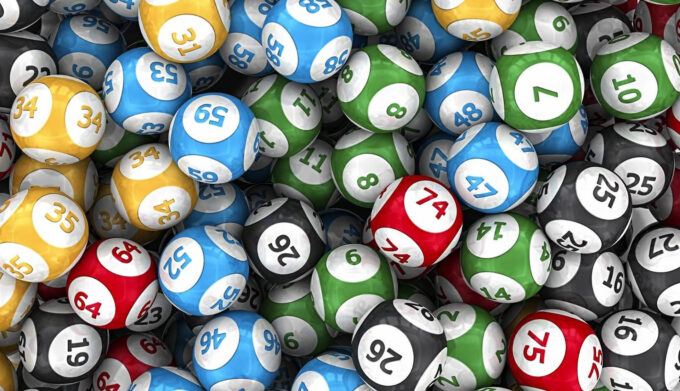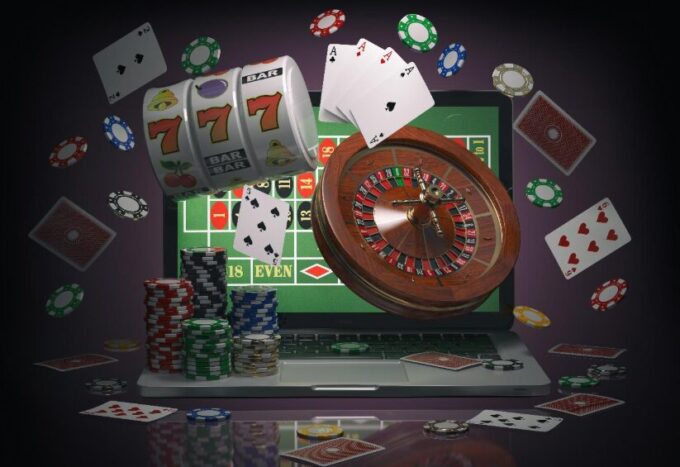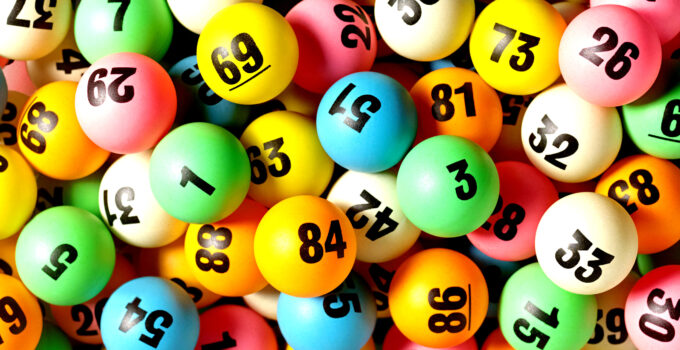Lotteries captivate millions worldwide, offering the allure of life-changing wins with the simplicity of a ticket purchase. This widespread fascination prompts an intriguing debate: Is engaging in the lottery an act of gambling or merely a harmless diversion? This blog post delves into the essence of the lottery, comparing and contrasting it with traditional gambling forms. We aim to unravel the complex layers of this popular pastime, providing a balanced perspective on its nature and implications.
Defining Lottery

Source: bridgemi.com
A lottery is a form of game where participants buy tickets for a chance to win prizes, typically monetary, based on a random draw. Its roots stretch back to ancient civilizations, where lotteries were used for various purposes, from funding public projects to distributing land. Over centuries, lotteries have evolved, yet their core principle remains: they are games of chance with minimal entry barriers, appealing to a broad audience due to their simplicity and the promise of substantial rewards.
Gambling Defined
Gambling encompasses wagering money or valuables on an event with an uncertain outcome, aiming for material gain. It manifests in myriad forms, from casino games and sports betting to stock market speculation. Common to all gambling activities is the element of risk, the opportunity for gain or loss, and the voluntary participation of the gambler. Gambling’s essence lies in its speculative nature, requiring a stake and the acceptance of chance as a determinant of the outcome.
Similarities Between Lottery and Gambling

Source: focusgn.com
The lottery and gambling share fundamental similarities, rooted in the thrill of uncertainty and the prospect of gain. Both involve risking something of value on an unpredictable outcome, with the hope of securing a reward. The element of chance is paramount in both activities, where skill or strategy plays little to no role in determining the outcome. This reliance on luck makes participating in the lottery game such as Hondatoto akin to other gambling forms, appealing to those drawn to the excitement of potential wins.
Differences Between Lottery and Gambling
While similarities exist, distinct differences set the lottery apart from traditional gambling. The frequency of play is often lower in lotteries, with drawings occurring weekly or daily, unlike the continuous availability of casino games or sports betting. Additionally, lotteries require no skill, focusing solely on chance, whereas some gambling forms allow for strategic play. Societally, lotteries are often viewed more favorably, perceived as benign entertainment rather than a risky endeavor.
Psychological Aspects

Source: thptlaihoa.edu.vn
The lottery’s appeal lies in its psychological underpinnings. It offers a unique blend of hope and anticipation, allowing individuals to dream of a different life. The low cost of entry and the chance of a substantial reward create a compelling fantasy of escaping financial or social constraints. Social influence also plays a role, with communal participation and the sharing of winning stories amplifying the allure. These psychological motivations are powerful, driving the lottery’s popularity despite the slim odds of winning.
Social Implications
Lottery participation carries significant social implications. While it can serve as a harmless form of entertainment for many, it also poses risks of addiction and financial strain for others. The lottery can be particularly enticing to those in difficult economic situations, fostering a sense of hope but potentially leading to irresponsible spending. Additionally, the societal perception of the lottery varies, with some viewing it as a fun activity and others as a problematic form of gambling. This dichotomy underscores the need for awareness and education on responsible play, as well as the potential for lotteries to exacerbate existing social inequalities by appealing disproportionately to those least able to afford participation.
Economic Impact

Source: calbizjournal.com
The economic impact of lotteries is profound, generating substantial revenues for governments. These funds are often allocated to public programs, including education, parks, and social services, benefiting communities. However, the distribution and use of lottery revenues can be a topic of debate, with critics arguing that it disproportionately affects lower-income populations. Despite these concerns, the financial contribution of lotteries to public welfare is undeniable, marking a significant aspect of their existence. The debate centers around the ethical implications of relying on a form of revenue that may inadvertently target vulnerable sections of the population, raising questions about the equity of such funding mechanisms.
Regulation and Responsibility
Regulation plays a crucial role in managing lottery activities, ensuring fairness and preventing fraud. Governments and regulatory bodies oversee lotteries, establishing rules and monitoring operations. Alongside regulation, responsible gaming initiatives are vital in mitigating harm, offering resources for those struggling with gambling issues. These efforts highlight the importance of balancing the enjoyment of the lottery with the need to protect vulnerable individuals from potential negative consequences. The challenge lies in crafting policies that support both the economic benefits of lotteries and the well-being of participants, ensuring that gambling remains a choice rather than a compulsion.
Cultural Perspectives

Source: millau-ulm.com
Cultural attitudes towards the lottery and gambling vary widely, reflecting differing views on risk-taking and chance. In some cultures, gambling is celebrated and widely accepted, while in others, it is frowned upon or even prohibited. These cultural perspectives influence participation rates and societal acceptance of the lottery, demonstrating the complex interplay between cultural norms and gambling behaviors. Understanding these cultural differences is crucial for the global lottery industry, as it navigates the fine line between respecting cultural sensitivities and promoting a universally appealing form of entertainment. This diversity in attitudes underscores the importance of context in determining the acceptability and role of lotteries in different societies.
Personal Reflections
Reflecting on personal experiences with the lottery or gambling can offer insights into our attitudes towards risk and chance. Whether it’s the excitement of buying a lottery ticket or the contemplation of the odds, these moments reveal our hopes, fears, and values. Sharing these stories can foster a deeper understanding of why we are drawn to games of chance and how they fit into our lives. Personal reflections can also serve as a reminder of the lottery’s dual nature—as a source of dreams and potentially, a trigger for deeper issues. They invite us to question not just our own behaviors, but also the broader societal and economic frameworks that shape our engagement with risk.
Conclusion
Exploring the fine line between the lottery as gambling or a fun game reveals a nuanced landscape, where elements of chance, hope, and societal impact intertwine. While the lottery shares characteristics with gambling, its distinct nature and broader acceptance highlight its unique place in our cultural and social fabric. As we reflect on our own views and behaviors, it’s clear that the lottery, like all forms of gambling, requires a balanced approach, mindful of the potential for both joy and harm. Engaging in this dialogue encourages a thoughtful consideration of how we navigate the world of risk and reward.







